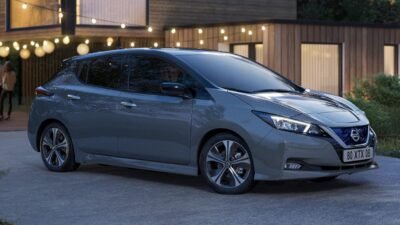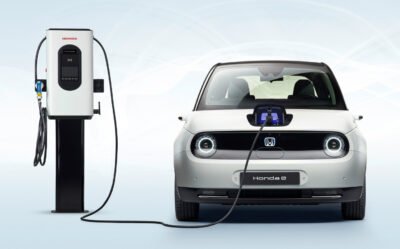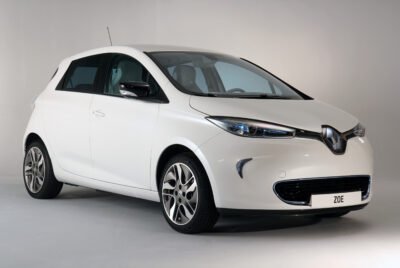In Morocco, the dream of owning a car remains elusive for many individuals in the middle class. Despite the country’s economic progress, car prices continue to soar, making it difficult for a significant portion of the population to access affordable mobility. In this comprehensive article, we will delve into the complexities of car affordability in Morocco, shedding light on the challenges faced by the middle class and exploring potential solutions to bridge the gap.
The High Cost of Car Ownership in Morocco
Car prices in Morocco can be prohibitive for the middle class. The high costs are often attributed to factors such as import taxes, customs fees, and value-added tax (VAT), which significantly increase the final price of vehicles. Popular models and renowned brands can be particularly out of reach for many middle-income households.
Impact on the Purchasing Power of the Population
The difficulty of accessing an affordable car has a significant impact on the purchasing power of the Moroccan population. A car is often considered an essential tool for work, daily commutes, and family life. The absence of a personal car can result in additional expenses for public transportation, taxis, or ride-sharing services, which strain household budgets.
Initiatives to Promote Car Affordability
In response to this challenge, initiatives have been launched to promote car affordability for the middle class. Moroccan authorities have implemented tax incentive programs and support measures aimed at facilitating the purchase of new or used cars. Partnerships between car manufacturers and financial institutions have also been established to offer affordable financing solutions.

The Importance of Public Transportation and Sustainable Alternatives
In addition to efforts to make cars more affordable, the development of public transportation and sustainable alternatives plays a crucial role. Investing in quality public transport infrastructure, such as tram and bus networks, can provide affordable and eco-friendly travel options for the middle class. Encouraging the use of bicycles and carpooling can also help reduce dependence on individual cars.
In Morocco, high car prices pose a significant challenge for the middle class, who aspire to own a car. Car accessibility is closely linked to purchasing power and the quality of life of individuals. It is essential for authorities to continue implementing measures to make cars more affordable and to invest in sustainable transportation alternatives. By combining these efforts, we can hope for improved accessibility to cars for all segments of the population, fostering mobility, employment, and economic development.
Furthermore, raising awareness among car manufacturers about the importance of offering affordable models suited to the needs of the middle class is crucial. Diversifying the range of cars at more accessible prices would enable more people to fulfill their dream of owning a car while respecting their financial capacity.
In conclusion, car affordability for the middle class in Morocco remains a challenge due to high prices. However, measures are being taken to make cars more affordable, including through tax incentives and partnerships with financial institutions. Concurrently, the development of public transportation and sustainable alternatives plays a vital role in promoting accessible and sustainable mobility. By combining these efforts, it is possible to create an environment where every individual, regardless of income bracket, has the opportunity to own a car and move freely, contributing to a more equitable and dynamic society.






